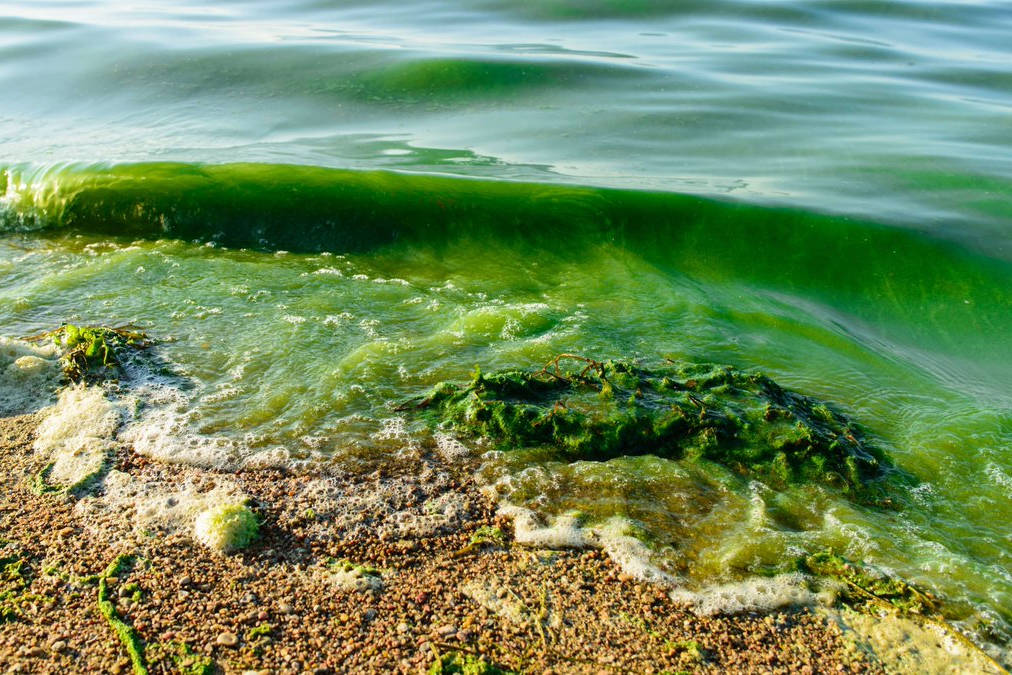Submitted by Washington Sea Grant.
Washington Sea Grant, the Northwest Fisheries Science Center and the Washington Department of Health received a grant for $279,926 from the National Oceanic and Atmospheric Administration’s National Centers for Coastal Ocean Science Centers for Sponsored Coastal Ocean Research to estimate the socioeconomic benefits of SoundToxins, an early warning system for harmful algal blooms in Puget Sound.
In the Pacific Northwest, there are several types of algae that can cause harm through accumulation in shellfish and subsequent transfer up the food chain to humans and marine wildlife. High concentrations of some algal species can cause fish and shellfish mortalities through direct exposure. These HABs have economic impacts on the commercial and tribal subsistence shellfish industries, which employ over 3,200 people in Washington State and contribute more than $270 million to the state economy. Recreational fisheries can also be impacted, and rural communities can suffer devastating impacts to tourist industries, including hotels, restaurants, and grocery stores. Early detection of HABs can enable selective or delayed harvesting of seafood, which minimizes risks to human health and reduces the economic costs to Puget Sound fisheries. The recently funded project will use a combination of methods, including in-person interviews and mail-in surveys to estimate the net socioeconomic benefits of the early warnings of HABs provided by SoundToxins. These warnings allow aquaculture producers to alter their behavior to minimize the adverse impact of HABs. Another objective is to estimate the net socioeconomic benefits of SoundToxins information to recreational shellfish harvesters that allow selective harvesting at “safe” beaches, compared to blanket closures of multiple beaches prior to initiation of the partnership.
In Puget Sound, there are currently 240 shellfish companies permitted to provide shellfish for consumption in the marketplace and many more poised to enter into shellfish farming. The SoundToxins program is a partnership of state and tribal shellfish growers, universities, environmental learning centers, state and county agencies and private citizens.



